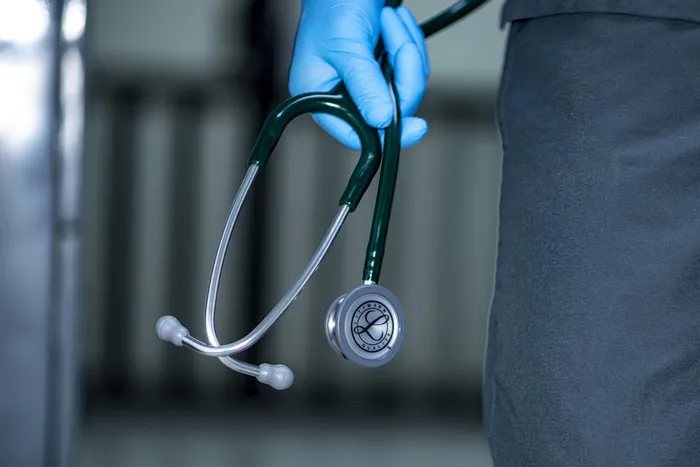Gauteng government looks set to send more medical students to study in Cuba

Gauteng Health MEC Nomathemba Mokgethi said more medical students would likely be sent to study in Cuba and she further revealed that the government was spending R368 024 on each of them. Picture: File
Pretoria - The Gauteng provincial government looks set to send more South African students to study medicine in Cuba despite the drastic decline of local medical students studying there.
This was the response of the Gauteng Health MEC Nomathemba Mokgethi to a written reply to questions by the DA’s health spokesperson Jack Bloom in the Gauteng provincial legislature.
The number of Gauteng students studying medicine in Cuba has declined from 264 in 2019 to 25 last year, but the Gauteng Health Department insists that more students will be recruited for the programme despite paying R316 000 annually for each student.
According to Mokgethi, there were 264 students in Cuba in 2019, 114 in 2020, 25 in 2021 and 25 this year.
But Mokgethi said “the implementation of the SA Cuba Binational Agreement was continuing, and more students were being recruited”.
Mokgethi further revealed that the government was spending R368 024 on each of the medical students studying in Cuba.
In her breakdown of the funds, Mokgethi said R216 000 was for tuition; R96 624 meals; R38 400 stipend; R8 000 insurance and R9 000 administrative fees.
She said family members were not contributing anything to their individual members as basic food stuff could not be accessed in Cuba.
According to Mokgethi, the national Department of Health was paying a stipend monthly to the students to cater for toiletries and other needs, saying there was a shortage of foodstuff to buy in Cuba because of the embargo which was imposed by the US.
Reacting to the response, Bloom said it was disappointing that the department wished to continue with a programme that was more than double the cost of local medical training.
“It also takes two years longer as there is an extra year to learn Spanish and they spend another year finalising their training at a South African medical school.
“Furthermore, the provincial treasury is currently doing a forensic audit on suspected corruption in this programme which had a budget of R313 million last year,” he said.
Bloom said Gauteng should follow the Western Cape Health Department which refuses to participate in the programme.
“Money is better spent to expand training at the three medical schools in Gauteng rather than paying an exorbitant amount for overseas training that still requires an extra year of local training.”
These revelations came after a few days that the Health Minister Joe Phaahla had also revealed in a parliamentary reply to the DA that there was a shortage of doctors in South Africa.
Phaahla said the country’s doctor-to-patient ratio was 1:3 198 – 0.31 doctors per 1 000 patients, saying the number of doctors was on the decrease.
DA national spokesperson on health Michele Clarke said that in 2019, there were 0.79 doctors per 1 000 patients, already poor when compared to the UK (3.03), India (0.93), Brazil (2.32), and Mexico (2.44).
“This shocking state of affairs persists despite the more than 21 000 specialist medical personnel posts which are vacant across all nine provinces, and which the national Department of Health have yet to fill,” she said.
Clarke said the critical shortage was created by the incompetence and corruption of the ANC government which seems unwilling to address the serious concerns, saying just last week the Gauteng Health Department failed to pay April salaries to 91 doctors and nurses at the Helen Joseph Hospital.
“And the interns at the Chris Hani Baragwanath Hospital were also the victims of late payment. How does the ANC government envision managing the National Health Insurance (NHI) project when they are unable to make the current universal health care system in South Africa work?
“Before the ANC government can even begin to think about the NHI, they must increase the numbers of qualified medical personnel working in South Africa’s current public health-care sector,” she said.
Clarke said R8.8 billion had already been allocated towards the NHI.
“Why is this money not used to alleviate the critical shortage of medical personnel? The DA calls for these funds to be redirected towards the training and employment of doctors and nurses, and the development of nursing colleges,” Clarke said.
Pretoria News